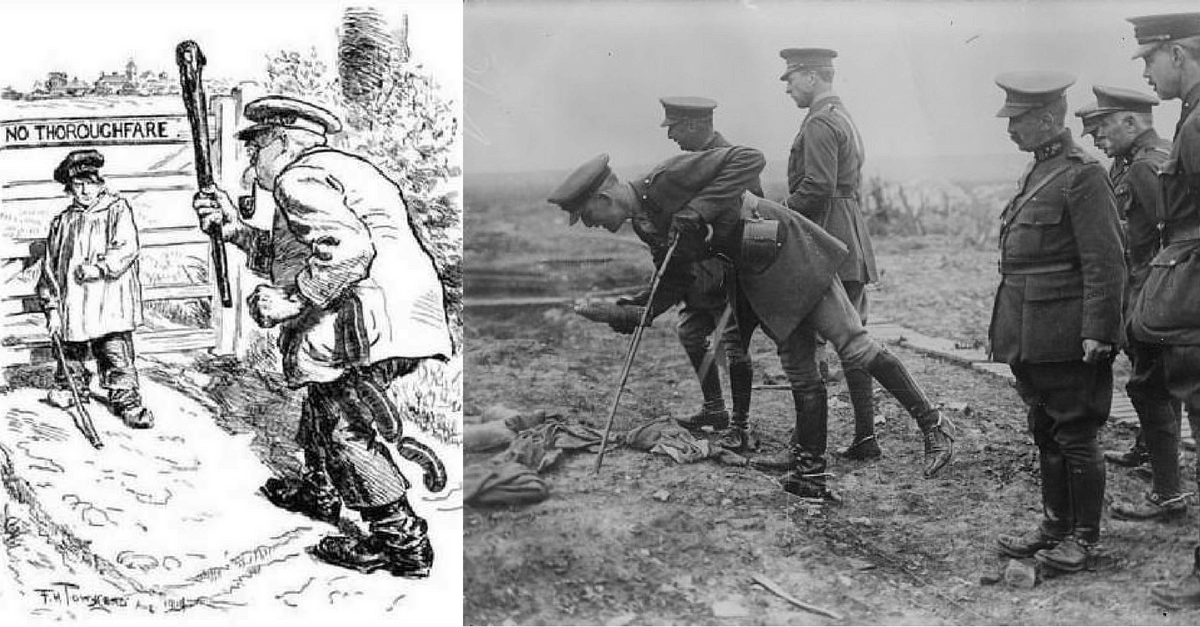Belgium didn’t have the best luck during either World War, but they were fortunate enough in WWI to have a King who had absolutely no problems doing his military duty and leading his troops through the tough conflict. His family followed his example as well, serving to the best of their ability wherever they could.
King Albert took the throne in 1909, only a few years before the start of WWI. During his early years, King Albert and his wife Elisabeth were widely popular for being seen as a good, moral, and happy family. Albert was an avid mountain climber and known as a benevolent ruler. His wife, Elisabeth, grew up watching and assisting her parents. Her father was an ophthalmologist, and her mother assisted as a nurse.
Before the war hit Belgium, Albert refused to allow the Germans to march through his territory. When the Germans eventually did invade Belgium, just a day later, the Belgians were hit hard and overwhelmed. Despite the overwhelming force, the Belgians offered outstanding resistance, leaving the Germans to struggle sniper-infested towns and a defiant population. The refusal to let the Germans pass in addition to the disproportionate resistance caused the Germans to commit several atrocities of war in Belgium out of sheer frustration, killing prisoners and civilians, with Belgians reportedly killing German prisoners as well.
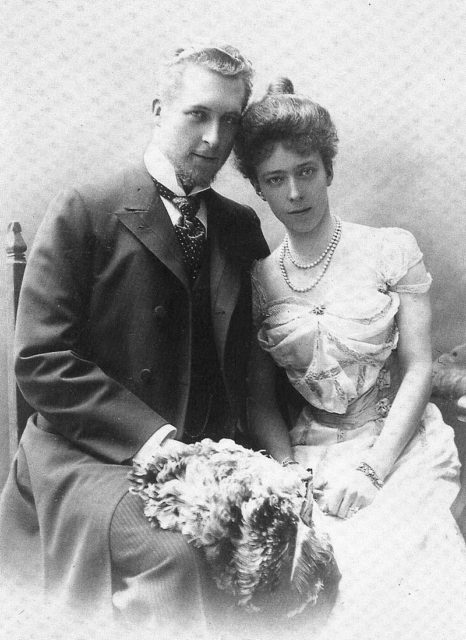
During all this, King Albert took personal command of his troops, heading to the front lines and inspecting defenses. The King led the defense at the siege of Antwerp, the most fortified city in Belgium. While some of the largest artillery pieces the world has ever seen, the Germans bombarded the city and surrounding forts. Despite this, the Belgians led several sorties to the south against the Germans.
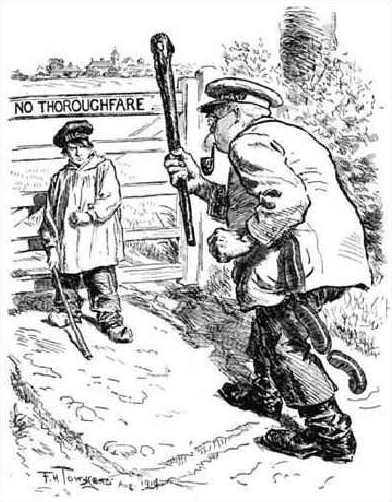
These attacks severely disrupted Germans plans to attack France and focused more of the reinforcements on Belgium. The allies ultimately had to retreat, but they had held long enough to make a second front at the Yser River, the last remaining westernmost sliver of Belgium left.
At the Battle of Yser, the Belgians made a heroic defensive struggle for their remaining territory, led by their King. The Yser River and the towns along it were well defended at the cost of high Belgian casualties. Over weeks of sustained attacks, the Belgians and French decided to flood parts of the river to create a more impassable barrier.
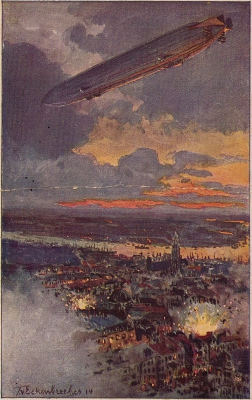
After the Germans simply couldn’t crack the last bit of Belgium, they settled into trench warfare and created what would be known as the Yser Front. King Albert sent the Belgian government to work in exile under Charles de Broqueville, in a French city while he remained at the front for the remaining years of the war.
We don’t know too much about Albert’s specific combat record, but he quite frequently visited the troops along the line and organized defenses. It was said that the Germans didn’t shoot at him because he was by far the highest ranking officer on the field and it would just be wrong. In addition, Albert was a relative of the German Kaiser Wilhelm, so many Germans thought they might be punished if they shot King Albert.
Queen Elisabeth did not sit idly by during the war. She organized a nursing unit and served as a nurse herself. She was of German descent, but the troops and people loved her because she often visited troops near the front and was seen as being fiercely patriotic for Belgium. Even the couple’s son served with honor. Prince Leopold was only 14 at the start of the war, but received permission from his father and served as a private during the war.
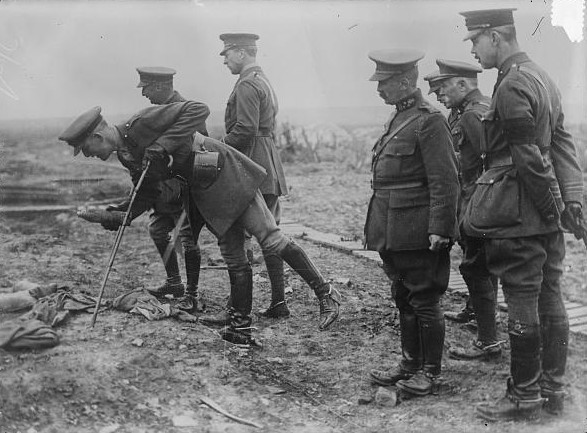
Because of the harsh German rule in occupied Belgium, Albert worked hard to secure a separate, but fair, peace. His efforts failed, but he would again lead his troops to reclaim occupied Belgium at the end of the war.
After the war, Albert was instrumental in implementing universal male suffrage. He was vocal in not giving Germany harsh terms in the peace, a wise and impressively objective stance considering what his country suffered at German hands. After this, Albert focused on rebuilding Belgium and the lone Belgian colony of the Congo, where he created the Virunga National Park. Still, an avid mountain climber as he was approaching his sixties, Albert was killed in a tragic climbing accident. He was an outstandingly beloved leader and well respected around the world as one of the greatest monarchs of the modern world.
